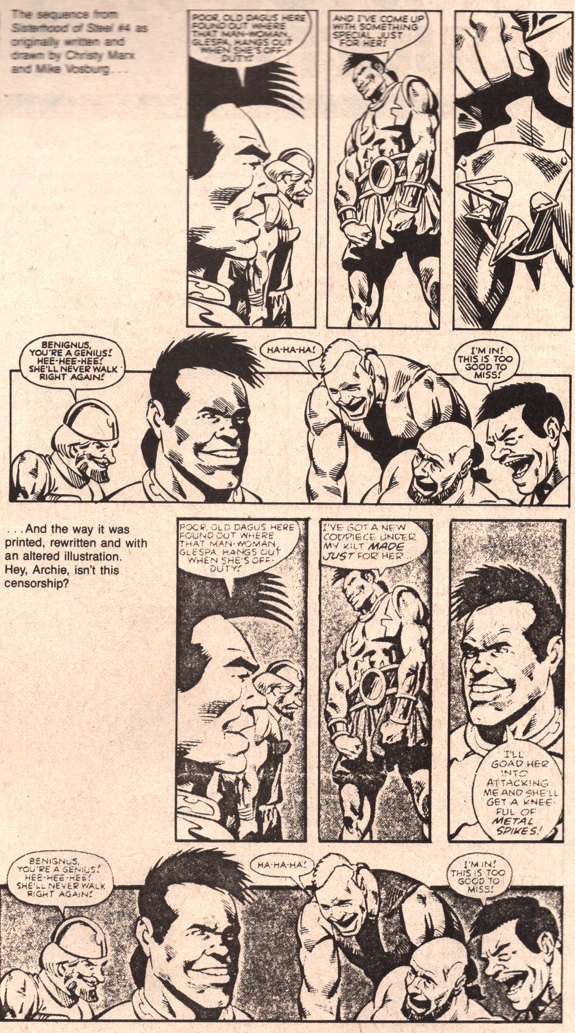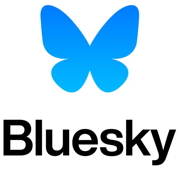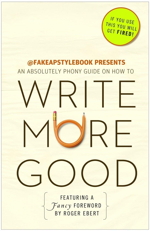The things I find by absolute chance.
So I’d been poking through some of my run of The Comics Journal, just kinda lookin’ at stuff, when by complete chance I came across the following bit in regard to Sisterhood of Steel (discussed just this past Monday).
Despite my disclaimers last time that I didn’t know very much this title, I did know this about it, about the time the series was happening. In issue #101 of TCJ, Christy Marx, writer of Sisterhood of Steel, wrote in to talk about changes she was compelled to make to issue #4, pictured here:

…while wondering in the letter why it had to be done, if the Epic imprint was intended for mature audiences? (She also listed a number of euphemisms for breasts and testicles that she was not permitted to use, but “shit” apparently was okay.) Thought this was an interesting artifact of the period, in that early era of the Big Two testing the waters as to what they felt they could or could not do under the “for mature readers” label.
This is around the same time there was a big hoohar over comics ratings which, hoo boy, I’m not sure I’m ready to get into that whole thing. Will it help/hurt sales? Will it make it easier for The Usual Suspects to target certain books? This was also a period of fear that The Powers That Be were going to come down hard on comics content, wondering if a new Frederic Wertham was going to turn up. (Someone tried, if I recall correctly, but didn’t have quite the impact as Wertham did.)
Marvel itself was experiencing some distributor pushback against the for-mature-readers Moonshadow (as noted in Marx’s letter, and cited as a probable reason for the Sisterhood changes). And a few years prior there was some obscuring of a being’s naughty bits in the Dreadstar Annual‘s reprinting of Jim Starlin’s The Price graphic novel from Eclipse Comics.
Like I said, just thought this was interesting. Given what appears in even your standard issue Marvels and DCs, a lot of this concern over content may seem a little…quaint. But the journey from those early days of the Direct Market with DC and Marvel pushing at their respective envelopes, to superheroes facing off a naked blue man and his fully on-view wedding tackle in a Major Event Book, was a bumpy one. And still ongoing.








“This was also a period of fear that The Powers That Be were going to come down hard on comics content, wondering if a new Frederic Wertham was going to turn up. (Someone tried, if I recall correctly, but didn’t have quite the impact as Wertham did.)”
I think even in the 1950s Wertham was only successful because he came along at a particular moment–the height of a panic over teenage delinquency (see also the movie Blackboard Jungle from about the same time). Had he gone on his little crusade even a couple years earlier or later he probably would just have been taken as the crank he was.
It makes no sense to me that Marvel & DC are so skittish about sex and swearing but not about violence. Like, Black Adam can rip someone’s arm off on panel, but the person has to say, “Ow, my *%*&ing arm!” I know this is common in American entertainment in general, but I find it weird. If you’re going to censor nudity and swearing, also censor violence. If you’re going to pitch violence at a PG-13 or R level, do the same for the other content.
Censoring a creator-owned book in a mature readers line, however, should not happen without the creators’ knowledge and approval. I don’t know if there guidelines were established beforehand (e.g. no on-panel nudity, no f-word). Even so, give the creative team a chance to make corrections.
Wasn’t there also a ton of issues with Void Indigo, the Epic book by Steve Gerber?
Between those experiences and Marvel’s problems with the Max line, I think it’s really impossible to expect Marvel to put out anything for mature readers, no matter how hard they work to off-brand it. The only really successful mature readers content they’ve put out is the Garth Ennis Punisher work and the Bendis Alias series, and those are just out-and-out unicorns. Heck, I’m not even sure that they want to publish Punisher work given the current political environment, even work as excellent as Ennis’s.
I’m here to bring up Void Indigo too – from what I can see on GCD, those two issues were at the same time as Sisterhood of Steel, and the second issue of VI that got the book cancelled would have been in the works at the same time as issue 4 of SoS based on publication dates. So there probably was a context for being more skittish about sexual violence.
of course, I’m saying this having still never read Void Indigo – a black hole I probably need to fill, but at the same time, given the uproar, I’m not sure I WANT to read them…
“Heck, I’m not even sure that they want to publish Punisher work given the current political environment, even work as excellent as Ennis’s.”
Someone has not been keeping up with the news.
> superheroes facing off a naked blue man and his fully on-view wedding tackle in a Major Event Book, was a bumpy one.
How big a bump?
Speaking of Void Indigo, I read an article the other day that said Void Indigo was originally pitched to DC Comics as a Hawkman revival project by Steve Gerber and Val Mayerik which would tie in the reincarnation aspect of Golden Age Hawkman with the alien aspect of Silver Age Hawkman. When DC Comics passed, it was altered to become Void Indigo.
I still have not been able to convince my brain that it wants to try reading Void Indigo, but from the descriptions I’ve seen online and Sean Mageean’s statement that it was intended as a Hawkman revival, I’d suggest that Robert Venditti’s recent Hawkman series may have done what Gerber had proposed all those decades ago…
I disagree about Marvel failing to publish work for “mature readers”. The Epic line did feature a lot of great adult-oriented content. You can add Frank Miller’s Elektra: Assassin to the list of quality “mature readers” content published by Marvel.
If you figure in creator-owned work, there is (the aforementioned) Moonshadow, Stray Toasters, Alan Grant’s The Last American. There are some real forgotten gems of “mature readers” comics amongst the misfires like Void Indigo*.
Even Vertigo Comics passed on certain comics that were initially pitched to be published by that imprint, most recently Mark Russell’s Second Coming. I doubt anyone would say that DC failed in their attempt to publish quality “mature readers” books due to those incidents.
The problem with MAX was that, outside of a rare couple of series, their definition of “mature” was of the sophomoric variety, unlike Vertigo’s line which accentuated the cerebral and pushed a creator’s vision over simple shock value. In that way, the Epic line was far ahead of MAX. Also, the Epic line lasted for some time, even if the quality of the work was quickly eroding by the last couple of years.
*By the way, I’ve read Void Indigo…all two issues…and it’s not that shocking. It’s not one of Gerber’s better comics, although it is incomplete, so what would I expect?
I should have mentioned DC censoring Rick Veitch’s Swamp Thing as another example.
Jim Kosmicki:
I read some of the recent Venditti Hawkman run and thought it was pretty good …but in all honesty I’m a fan of Earth-1 and Earth-2 and having distinct Golden and Silver/Bronze Age iterations of the classic DC characters.
“I think even in the 1950s Wertham was only successful because he came along at a particular moment–the height of a panic over teenage delinquency”
and also the massive fear of INTERNATIONAL COMMUNISM happening at the time.
” I’m not even sure that they want to publish Punisher work given the current political environment”
They changed his cool skull design to something lame.
“DC censoring Rick Veitch’s Swamp Thing as another example.”
Yeah, that sucked.